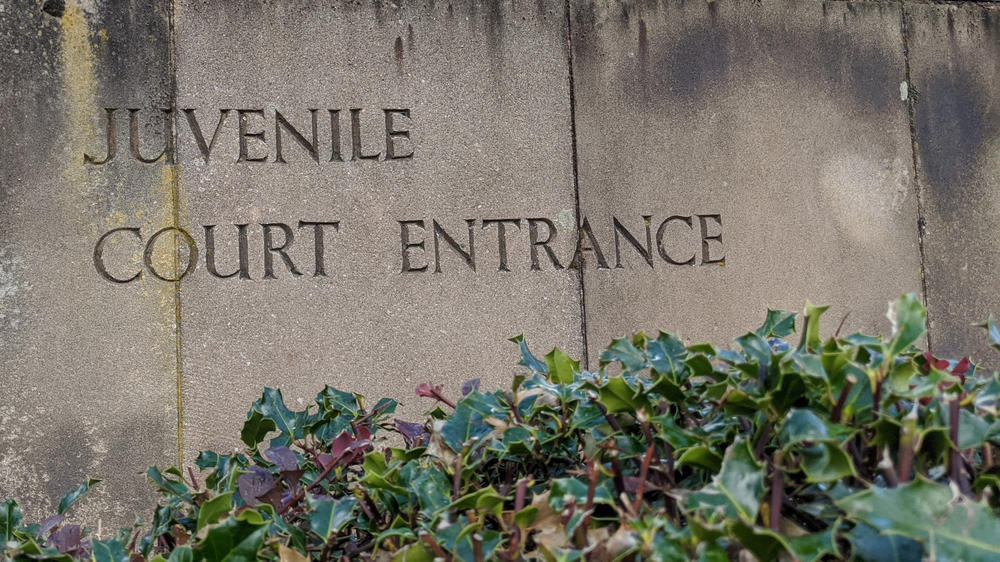
In the United States, juvenile courts are a special type of court that handles cases involving minors, typically those aged ten to eighteen. Cases heard in juvenile court may include criminal offenses, as well as matters such as child custody and support, truancy, and mental health issues.
The goal of the juvenile justice system is rehabilitation rather than punishment. This means that judges in juvenile courts often have more discretion when sentencing juveniles than they do in adult courts. In the following article, juvenile crime bail bond experts in Connecticut take a closer look at typical sentencing options in juvenile courts. Read on!
What are the most frequent sentences in juvenile courts?
In general, the primary aim of the juvenile court is to rehabilitate the child, rather than punish them. This can involve various forms of sentencing, such as rehabilitation programs, restitution, detention, probation, and community service.
1. Rehabilitation
Rehabilitation is key when it comes to juvenile sentencing. When young offenders are given the opportunity to reform and become productive members of society, it not only benefits them but also society as a whole. This is why rehabilitation should always be considered a primary goal in juvenile court proceedings.
There are many different rehabilitation programs available for young offenders. Some common programs include educational and vocational training, counseling, and substance abuse treatment. The type of program that is best suited for a particular offender will vary depending on the individual’s needs and circumstances.
It is important to remember that rehabilitation is not easy. It takes time and effort on the part of both the offender and the rehabilitative staff. However, when it is successful, the benefits are worth the effort. Rehabilitated offenders are less likely to commit crimes in the future, and they often become productive members of society. This is why rehabilitation should be a key consideration in juvenile sentencing proceedings.
2. Probation
Sentencing in juvenile courts typically involves probation, which is a type of community supervision. Probation can include a number of conditions that the juvenile must meet, such as regularly reporting to a probation officer, attending school or job training, not using drugs or alcohol, and not committing more crimes. If the juvenile violates any of the conditions of probation, he or she may be sent to jail or prison.
Probation can last for a period of time determined by the judge, or until the juvenile turns 18 years old. In some cases, juveniles may be placed on probation even if they are convicted of a serious crime.
3. Community service
Since the early 1990s, community service has been an increasingly common sentence for juveniles convicted in juvenile courts. Proponents argue that it provides a valuable service to the community, teaches juveniles the importance of responsibility and accountability, and helps keep them out of trouble. Critics argue that community service is often used as a way to avoid more serious punishment, is ineffective, and can actually do more harm than good.
There is no one right answer to whether community service is an effective sentence for juveniles. It depends on the specific case and the community where the service is performed.
4. Prison
The decision to send a juvenile to prison should not be taken lightly. The court must consider the age of the juvenile, the severity of the crime, and the likelihood of rehabilitation. If a juvenile is sentenced to prison, the parents or guardians will be responsible for paying for the child’s incarceration.
When a juvenile is convicted of a crime, the court may sentence the juvenile to prison. The type of prison will depend on the severity of the crime and the age of the juvenile. Juveniles who are older than 16 years old may be sentenced to an adult prison. However, most juveniles are sent to a juvenile detention center or a youth correctional facility.
In some cases, a juvenile may be sent to a secure facility instead of a prison. A secure facility is a place where juveniles are held until they are released to their parents or guardians. The purpose of a secure facility is to provide a safe place for juveniles who are not able to live with their parents or guardians.

